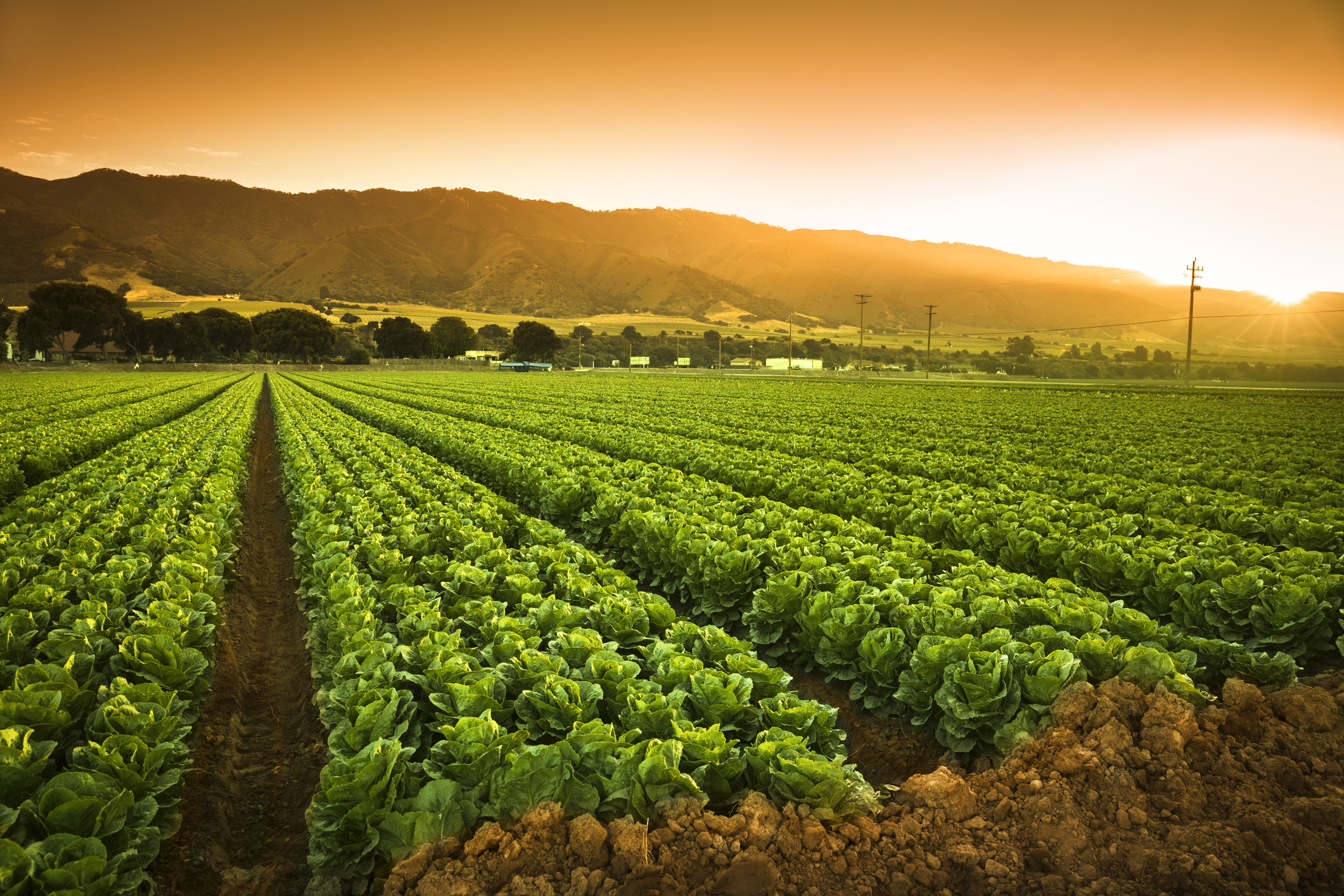
DIPLOMA IN AGRICULTURE (DA)
By NCTA Team Last Updated: December 29, 2025Overview:
India's agricultural sector is a vital part of its economy, contributing significantly to employment and GDP. It accounts for around 17-18% of the country's GDP and employs more than 50% of the workforce. The sector is diverse, encompassing crops like rice, wheat, sugarcane, cotton, and pulses, along with dairy, livestock, and fisheries. India is one of the world's largest producers of various agricultural products. However, challenges such as water scarcity, climate change, outdated farming techniques, and insufficient infrastructure hinder growth. The government has introduced various reforms, subsidies, and initiatives to improve productivity, sustainability, and farmers' welfare.
About the Course:
Diploma in Agriculture, offered by National Council of Training Academy, is a one-year program designed to provide practical and theoretical knowledge in modern agriculture. The course covers crop production, soil science, pest management, agricultural machinery, and sustainable farming practices. Students will gain hands-on experience and learn to apply agricultural technologies to improve productivity and sustainability. This diploma prepares graduates for careers in farming, agribusiness, and agricultural consulting, equipping them with essential skills to thrive in the agricultural industry.
Objectives:
The course aims to equip students with practical skills and theoretical knowledge in crop production, soil management, pest control, and sustainable farming practices to excel in the agricultural sector.
Need of the Course:
The Diploma in Agriculture is crucial for addressing the evolving challenges in India’s agricultural sector. Key needs for this course include:
- Climate Change Adaptation: With changing weather patterns and unpredictable rainfall, farmers need to adopt sustainable and climate-resilient farming practices to ensure consistent crop yields.
- Crop Rotation: Implementing effective crop rotations is essential for maintaining soil health, preventing pest buildup, and increasing overall agricultural productivity.
- Sustainable Farming Practices: As conventional farming methods become less reliable, the course focuses on modern techniques such as efficient water usage, integrated pest management, and organic farming to reduce environmental impact.
- Improved Productivity: The course equips students with the knowledge to optimize crop production, enhance soil fertility, and manage resources efficiently to meet the growing food demand in India.
- Food Security: By training professionals in advanced agricultural methods, the course contributes to ensuring food security and sustainability in the face of global and local agricultural challenges.
Course Curriculum:
The curriculum ensures that students gain comprehensive knowledge and practical skills, preparing them for diverse roles in the agricultural sector. Below is the detailed curriculum:
- Introduction To Agriculture & Agronomy
- Fundamentals of Soil Science & Entomology
- Principles Of Horticulture & Biomathematics
- Crop Production & Soil Chemistry
- Agricultural Meteorology
- Organic Farming & Sustainable Agriculture
- Plant Nutrition Manures & Fertilizers
- Plant Breeding
Career Opportunities:
After completing the course, graduates can explore various career opportunities in both the public and private sectors and are offered a wide range of job prospects:
- Farm Manager
- Agricultural Consultant
- Agribusiness Entrepreneur
- Agricultural Extension Officer
- Crop Protection Specialist
- Agricultural Marketing Officer
- Agricultural Machinery Technician
- Government Roles
Salary Expectations:
After completing the Diploma in Agriculture, entry-level salaries range from ₹15,000 to ₹25,000 per month ($200 - $330), while mid-level roles can earn ₹25,000 to ₹40,000 ($330 - $530). Senior positions or agricultural entrepreneurs can earn ₹40,000 to ₹60,000 per month ($530 - $800) or more, depending on experience and location. Salaries tend to be higher in urban areas and larger agricultural firms.
Course Features
| Course Code | NCTA-386 |
| Duration | 12 MONTHS /(540 HOURS) |
| Category | DIPLOMA IN AGRICULTURE (DA) |
| Eligibility | 10TH PASS |
| Fees | INR(₹) 18000.00/ USD ($) 430 |
Semester-wise Subjects & Study Preview
-
Introduction To Agriculture & AgronomyIntroduction to Agriculture & Agronomy explores soil science, crop management, cultivation methods, and innovations in sustainable agriculture.
-
Fundamentals of Soil Science & EntomologyFundamentals of Soil Science & Entomology explores soil analysis, crop nutrition, insect biology, and sustainable strategies for crop protection.
-
Principles Of Horticulture & BiomathematicsPrinciples of Horticulture & Biomathematics explores horticultural practices, plant physiology, and quantitative analysis for efficient garden and crop management.
-
Crop Production & Soil ChemistryCrop Production & Soil Chemistry explores soil nutrients, chemical properties, and agronomic strategies to enhance crop growth and productivity.
-
Agricultural MeteorologyAgricultural Meteorology explores weather forecasting, climate impact assessment, and strategies to improve crop yield and sustainability.
-
Organic Farming & Sustainable AgricultureOrganic Farming & Sustainable Agriculture explores composting, biofertilizers, crop rotation, and green practices to enhance yield and environmental conservation.
-
Plant Nutrition Manures & FertilizersPlant Nutrition, Manures & Fertilizers explores nutrient cycles, soil amendments, and sustainable fertilizer practices to improve crop yield and quality.
-
Plant BreedingPlant Breeding explores genetic principles, hybridization techniques, and modern breeding strategies for sustainable and improved crop production.
To know more about our this course, feel free to call us at:
+91 9733600770
